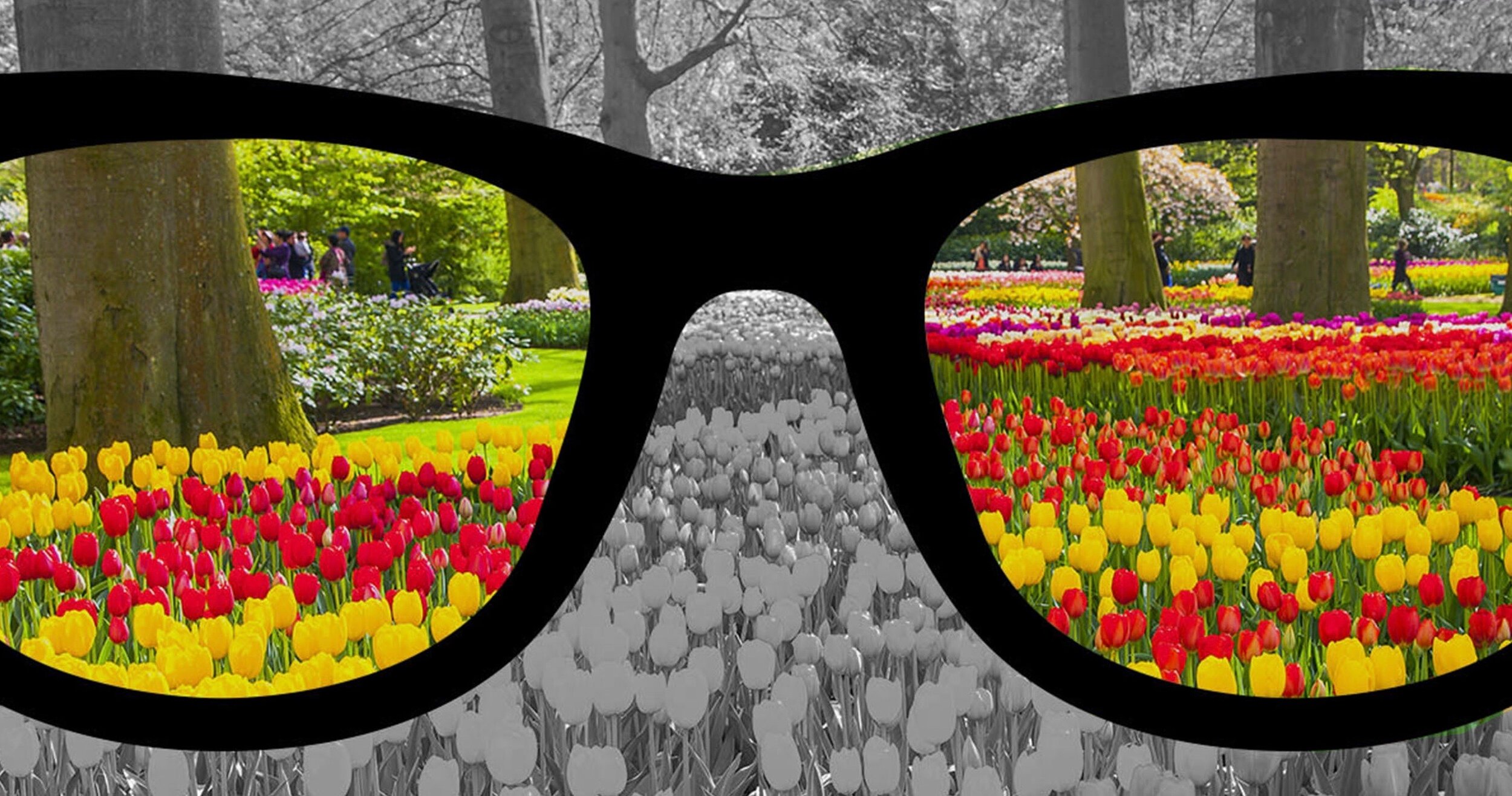5 Reasons Being Creative is Good for You

5 Reasons Being Creative is Good for You
Creativity is innately found within us all. As children, we often displayed a natural propensity towards creative thinking. Children often concoct entire imaginary worlds in moments, playing through scenario after scenario of creative adventures. However, as adults, the degree to which we maintain creativity in our lives tends to differ. For some adults, creativity is a haven to help unwind from their daily routine. Other adults engage their creativity in more professional settings, often relying on their creative thinking skills to successfully navigate their job.
While the extent of our creativity tends to diminish with time and age, we never completely lose touch with our creative side. Whether you’re the kind of individual who engages in creative activities for work or simply a hobby, expressing one’s creativity is vital to the human experience. We are meant to be creative beings, which is why so many people take on creative activities as hobbies and potential outlets.
Everything you see around you is a result of creative thinking. since prehistoric times. All the drawings of handprints and animals found on the walls of ancient caves are products of humankind’s creativity and our need to express ourselves. Even today, we engage our creativity not only in extraordinary ways but in our day-to-day lives as well. No problem is too simple or too complex for us to not engage our creativity in searching for a solution.
More and more creativity is essential skill and should be an essential part of every lifestyle. Medical research on creativity and creative thinking has long helped track its positive impacts on our overall physical and mental states of well-being. This research often suggests that being creative and engaging in the creative process can improve brain function, mental health, and physical health.
Here are five benefits that creativity can have on your health and wellbeing.
1. Increase Happiness
Engaging your creative thinking skills often leads people to express themselves and their emotions. In this way, creativity can help individuals regulate their emotions and maintain a happier state of being. However, this is not the only way that creativity is known to help increase happiness in the lives of individuals. Regardless of the creative activity, individuals often enter their state of flow through the creative process. During this state of creative flow, individuals tend to experience high levels of motivation, feel completely absorbed in the task at hand, and lose track of time indefinitely. Being creative and entering one’s flow state has been directly linked to reduced anxiety and an increase in positive moods, like happiness. The more an individual tends to engage in the creative process, the more this individual is likely to experience the happiness and sense of satisfaction associated with being creative.
Check Out Our Best Selling Journals
The Original Creative Thinking Guided Journal
The All-Ages Creative Thinking Guided Journal
2. Improve Mental Health
Creative thinking, and all that it entails, has often been compared to meditation because of the similar effects that it could have on the brain. For example, just like meditation, creative thinking can also have a calming effect on the mind and help individuals learn to manage negative and stressful emotions. In addition, repetitive creative activities, like sewing, knitting, or gardening, help naturally produce dopamine, a chemical in the brain that is often associated with satisfaction, motivation, and most importantly, happiness.
Because creative activities can help people learn to regulate their negative emotions, engaging one’s creativity is a sure-fire way of reducing anxiety, depression, and stress. Through creative expression, you can also process past trauma productively and beneficially. In addition, researchers believe that creative self-expression can enable people to construct a positive self-identity, meaning that people can more openly work through lingering negative emotions. Overall, creative thinking can help distill complex emotions and bring peace of mind that is often associated with meditation..
3. Boost Brain Function
The pursuit of creative activities can work to engage your creative thinking skills and boost your overall cognitive function. Through a series of studies, researchers have concluded that creativity can positively impact the brain by strengthening the brain’s cognitive functions. Since creative thinking often involves connecting the unrelated, creativity can help people build upon the natural connectivity of their brain. The more connectivity people develop between their brain’s right and left hemispheres, the better your brain can communicate with itself. When the two hemispheres of the brain can communicate with each other more seamlessly, your cognitive function improves. Ultimately, creative thinking goes beyond improving your brain’s health. Creativity helps to re-wire the connectivity of your mind to help make skills like reasoning, problem-solving, and decision making much more accessible skills.
4. Increase Physical Health
In the same way that creativity can help people manage negative emotions, it can also help people process stress. Stress, especially chronic stress experienced frequently over prolonged periods, can have detrimental effects on the body. For example, chronic stress can result in the development of heart disease and dementia. However, using creative expression to process stress can effectively combat the negative effects of stress on the body. This makes creative expression especially important for type A personalities who don't necessarily see themselves as creative.
5. Strengthen the Immune System
Research shows a direct correlation between creative expression and the strength of immune systems. Researchers conducted an experiment where they asked people undergoing HIV treatment to journal about their experiences, feelings, and daily routine. The study’s results revealed that patients who journaled about their daily experiences displayed stronger immune system functioning. Throughout the study, the process of journaling helped to increase their CD4+ lymphocyte count, the key to healthy immune system functioning. The study helped to propose the correlation that the more creativity you use and express, the less likely you are to get sick.






